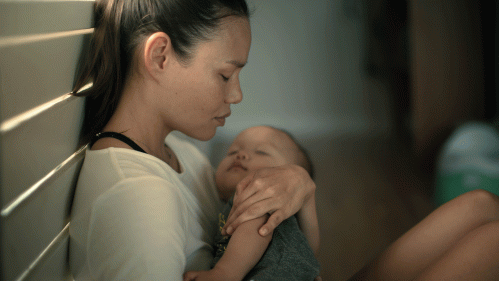Public Guaranteed Child Support Programs May Help Reduce Poverty Worldwide

Rutgers-led study calls for public guaranteed child support programs as the rate of single-mother families increases and the instability and precariousness of labor markets continues impacting single mothers’ earnings and nonresident fathers’ ability to pay child support
In countries across the income spectrum, single-mother families are prevalent and often economically vulnerable, but in many nations, nonresident fathers are unable – and sometimes unwilling – to pay their share of support. A Rutgers-led, global study on child support policies suggests public guaranteed child support programs may be more effective than placing the burden of payment on nonresident parents with low incomes.
The findings are summarized in a recent World Bank action note for policymakers and development practitioners.
“In much of Europe, the state supports single mothers when fathers are unable to pay child support; children are considered a public good,” said Laura Cuesta, an assistant professor at the Rutgers School of Social Work and lead author of the note. “That’s not how it works in the United States, which contributes to social problems such as poverty and material hardship. If you’re a single mother in the U.S. and the father of your children can’t pay child support, you are kind of on your own.”
Drawing on findings from recent studies published in The ANNALS of the American Academy of Political and Social Sciences and the Journal of International and Comparative Social Policy, Cuesta and collaborators compared child support policies in 67 low-, middle- and high-income nations. With very few exceptions, single-mother families are disproportionately poor compared to other types of families, but in many nations examined, fewer than one-third of lone mothers receive child support from nonresident fathers.
How nations address the low rate of child support receipt varies widely. In the U.S., nonresident parents are expected to pay child support regardless of their economic circumstances, while many European countries deal with nonpayment of child support by providing public guarantees.
Child-support policies in many middle- and low-income nations are unique compared with high-income countries, the researchers found. For instance, several countries recognize more than one legal system, which can cause distortions in policy implementation. In rural parts of Africa, the most common form of divorce is a simple repudiation of the marriage, and women have no rights to child support. And in Pakistan, there are different rules for child support for boys and girls, a gender distinction that doesn’t exist in high-income countries.
Cuesta said with the number of single-mother families increasing worldwide because of social and economic changes, poverty reduction and child support policies will be even more intertwined.


